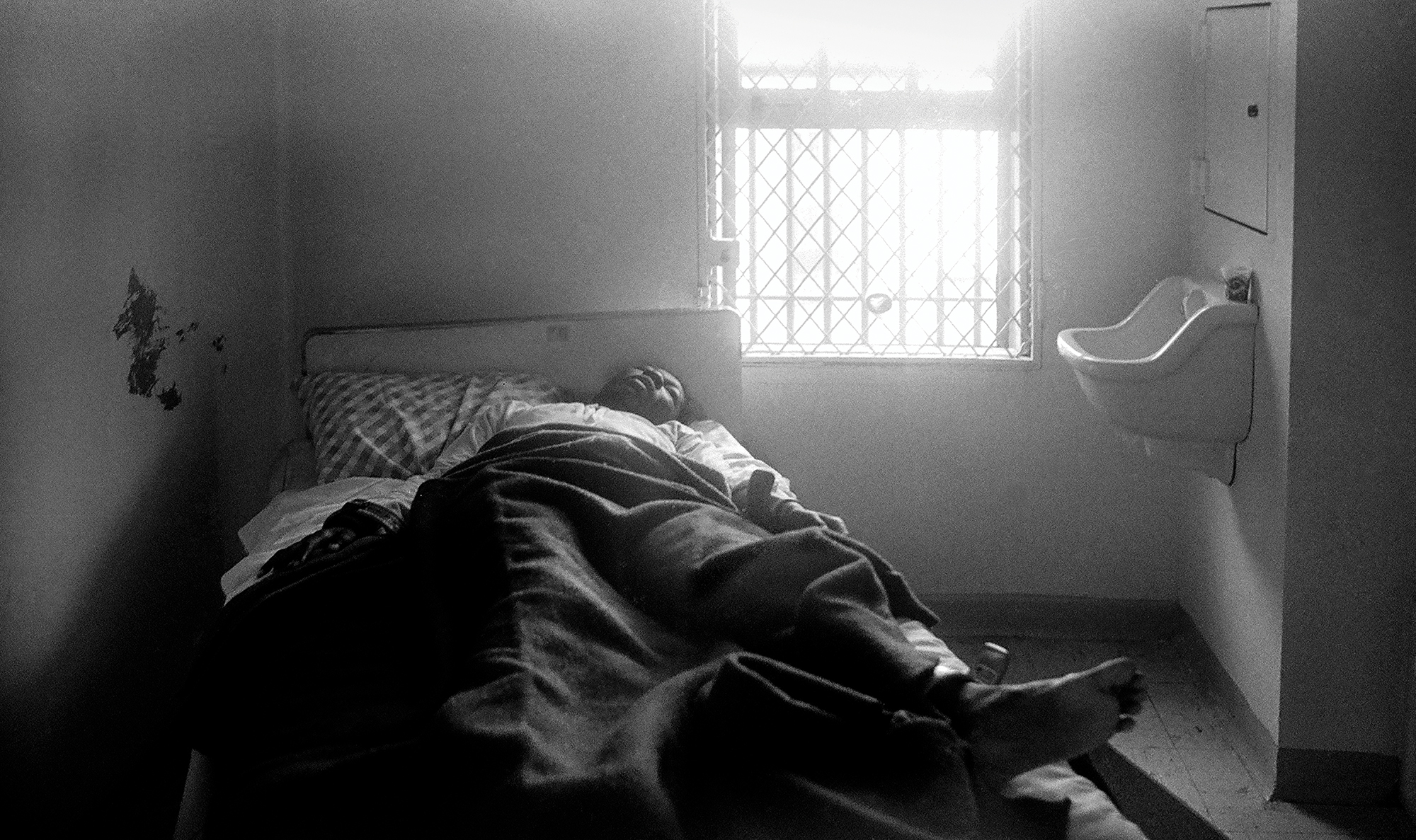Every now and then a photobook comes along which is more than beautiful, more than insightful, more than just fresh or original.
Every now and then a photo book comes along which carries a particular type of gravitas, a type of importance that goes straight for your gut. Yes, the book is beautiful and revealing and illuminating and all the things that a photo book should be. But for some reason, this one strikes in a different way.
“What We Inherit”, edited by Robert Flischel
Self-published, 2024
Review by W. Scott Olsen
There is a new book called What We Inherit, documenting poverty in southern Ohio, West Virginia, Kentucky and southern Indiana, from 1900 to 2024, edited by Robert Flischel. This book is important.
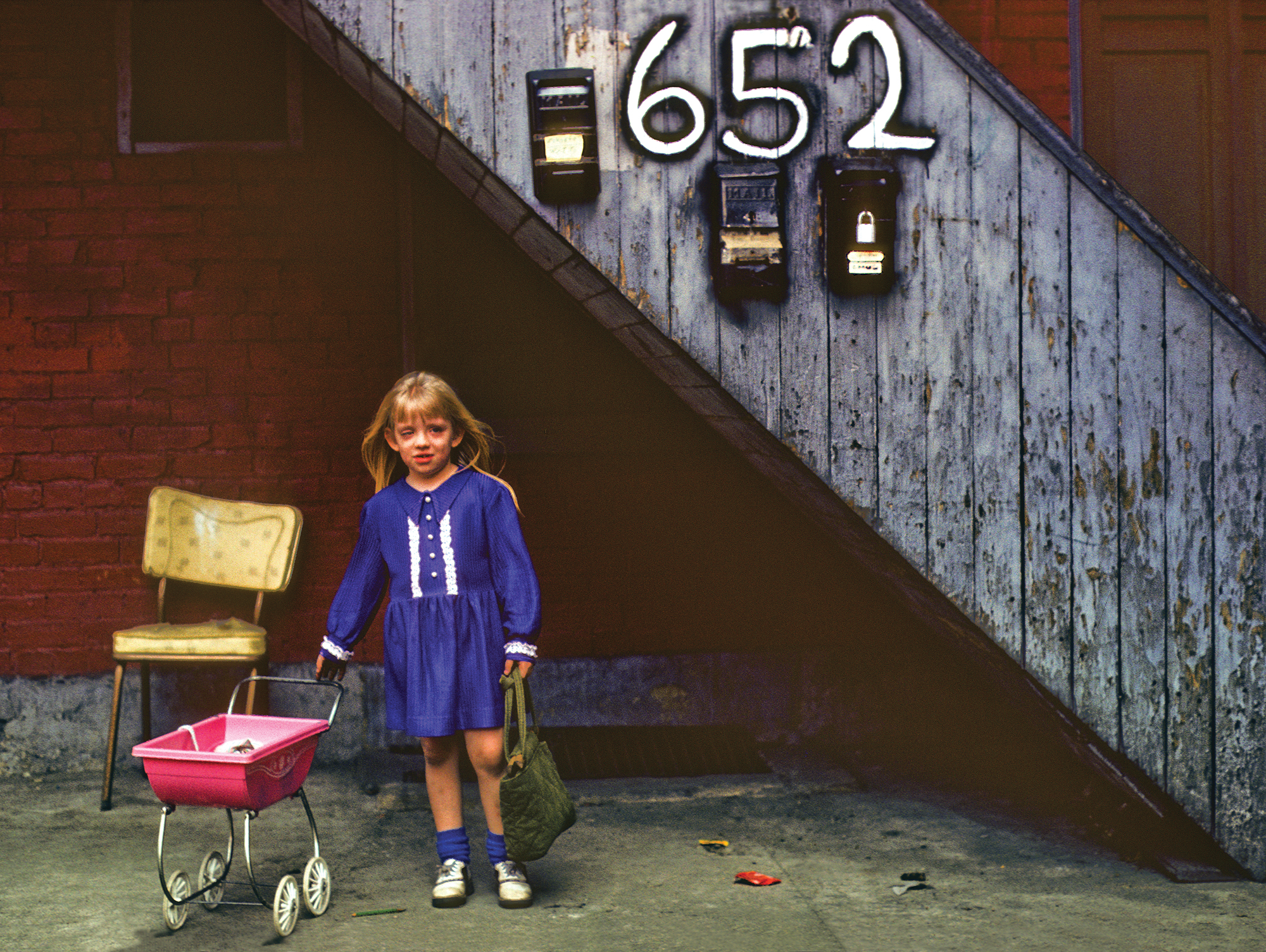
In the introduction, Flischel writes:
Eight years ago, I overheard a comment that sparked the inspiration for this book: “Everyone in this country gets the same opportunities. Some people choose to use them, and others don’t.”
I think the comment got my full attention because it contrasts so starkly with my own experience.
I’ve spent years as a social worker and photojournalist working with impoverished people. I’ve also heard many stories from my wife and daughter, both teachers in poor neighborhoods. Perhaps most compellingly, I’ve witnessed family members and friends struggle with addiction, mental illness, family disintegration, disease, and spousal abuse—all of which, of course, can quickly lead to poverty or make poverty almost impossible to escape.
I wanted to create a photographic documentation of poverty in Southern Ohio, Southern Indiana, Kentucky and West Virginia from the year 1900 to the present to show the reality of what people must overcome from one generation to the next—before they can begin to take advantage of the “opportunities” many of us take for granted.
Poverty across the United States and other regions has been documented before, but this book features the ways it has persisted in our own backyard…
Stop right there. “In our own backyard.”
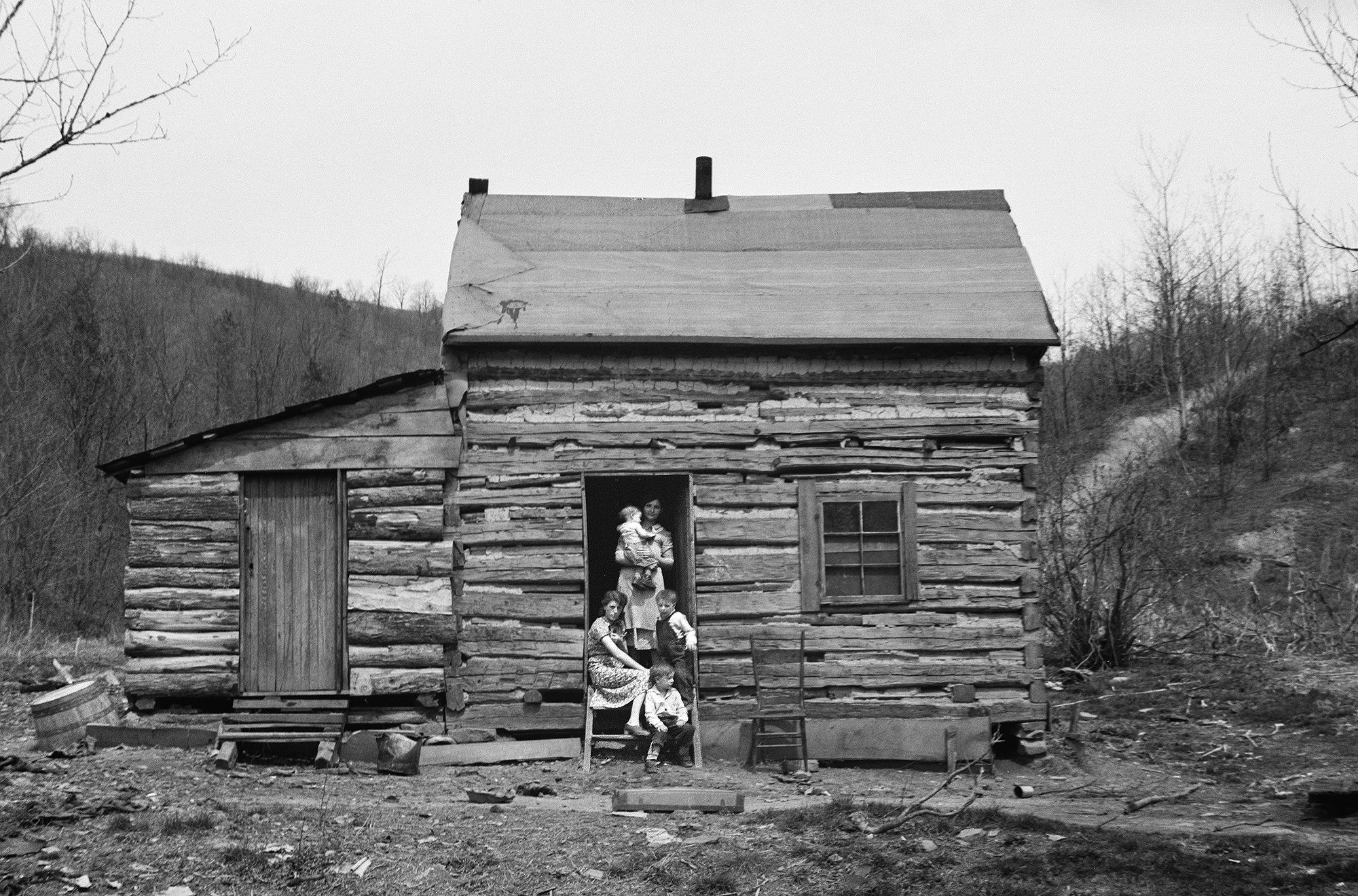
One of the particular powers of this book is its intensely broad, historical look—more than a century!—at a specific region. There is great depth here as well as a laser focus. The book is deeply researched, and because of its focus it carries an indictment, a gut-punch we can all feel well beyond the area.
What Flischel has been a been able to find is nothing short of remarkable and oftentimes breathtaking. Clearly, the task of organizing such information is not small. Yet this book, containing archival photographs as well as new, is never confusing.
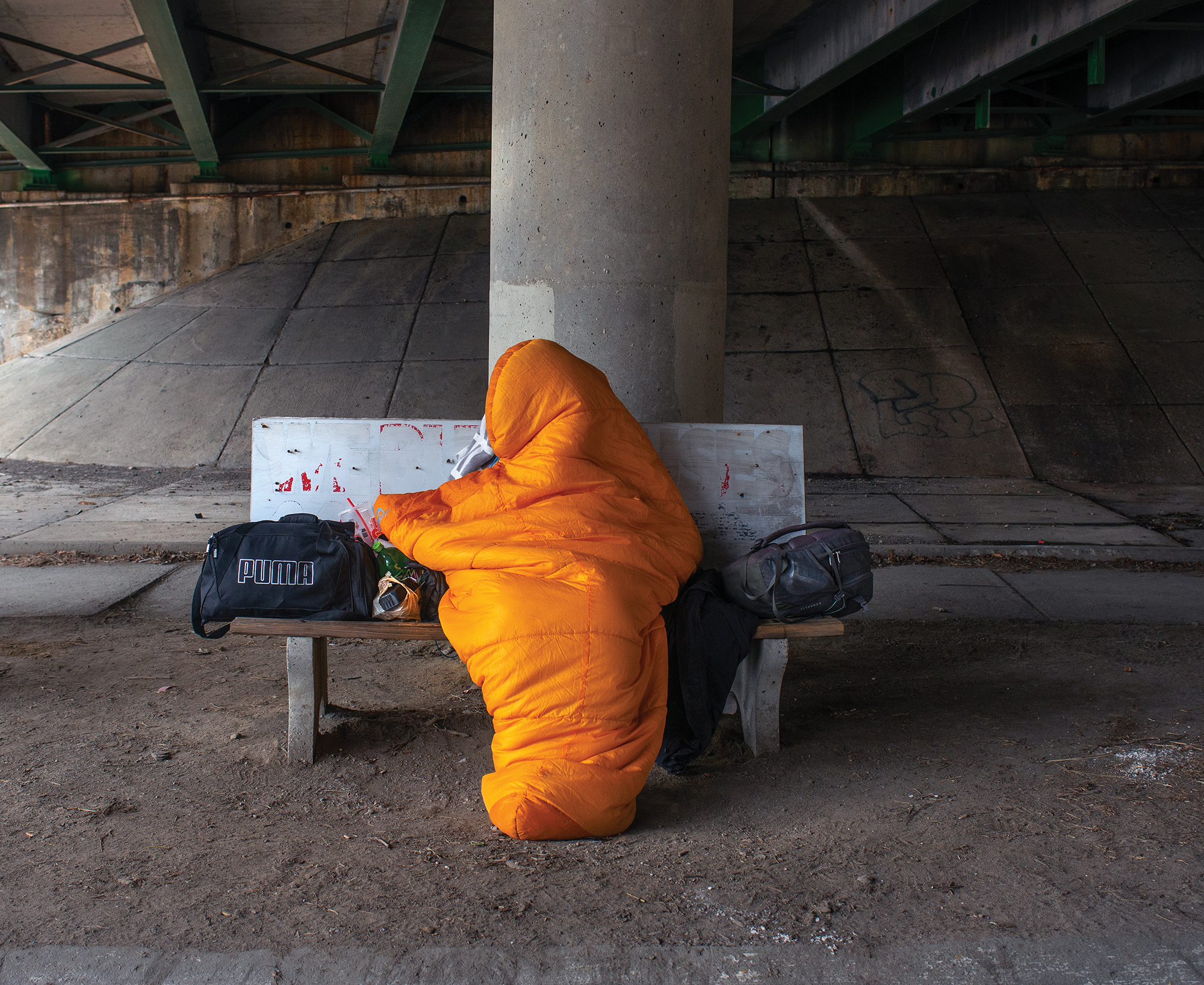
What We Inherit is divided into sections and then further divided into chapters. Section One, for example, titled “Home,” has chapters titled “Living Spaces,” “Log Cabin Life,” “Company Towns,” “Tenement Life,” “Sanitation,” “Unhoused,” and “Loss of Rural America.” Section Two has “Daily Life,” has “Chores,” “Isolation,” “Death and Dying,” “Pastimes,” and “Education,” while Section Three has “The Working Poor,” has “Child Labor,” “Newsies,” and “Men at Work.”
Within several of the chapters, there are bits of text, sometimes credited to Mike Kramer and sometimes culled from historical sources, which give situational and historical context to the images. There are captions that further serve to place the images in their time and cultural settings, crediting the photographers (there are 35 photographers from throughout the timeline here and 192 images).
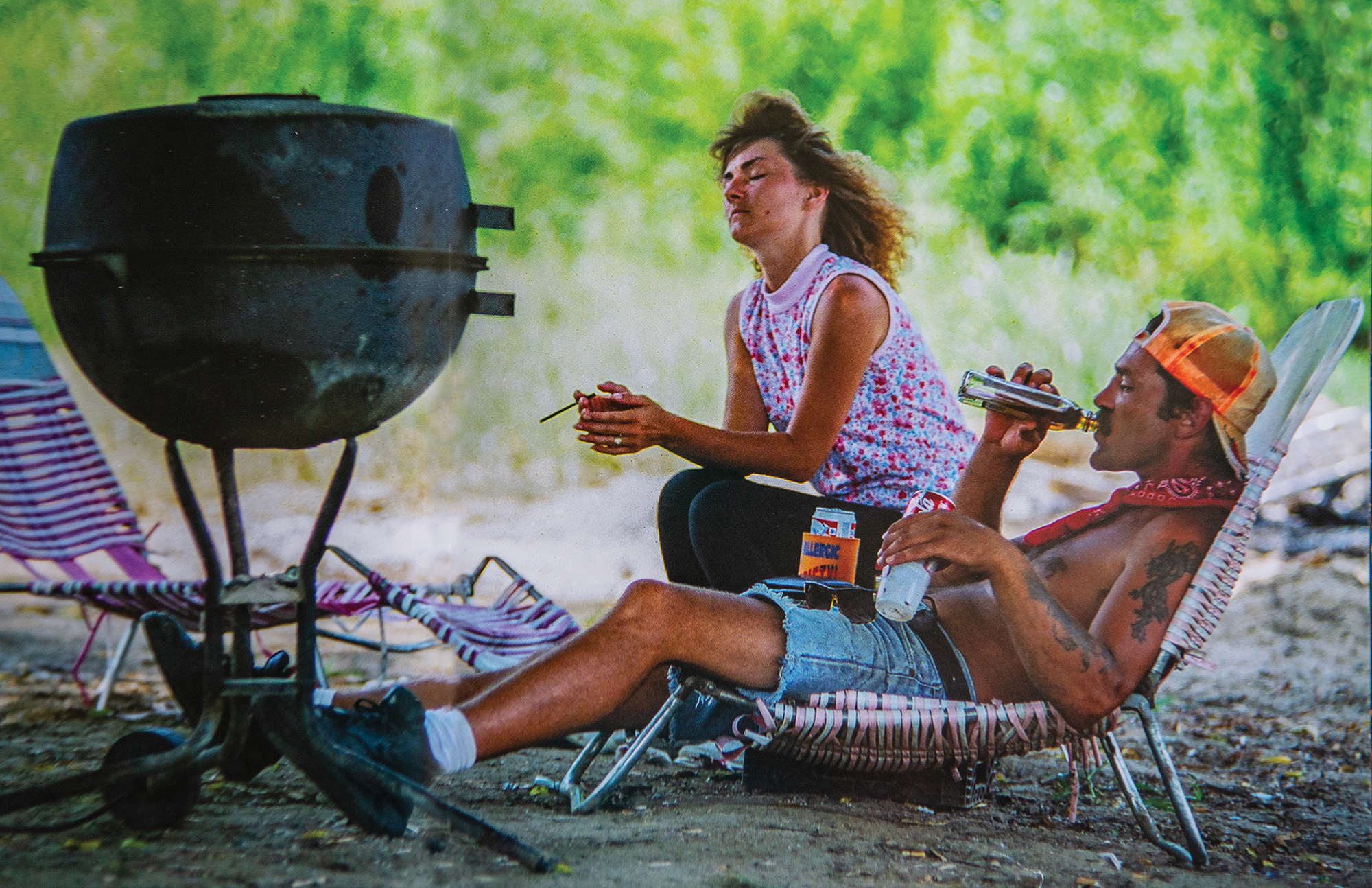
Conceptually, What We Inherit is a huge book. While its physical size is right in line with most contemporary photobooks, what I mean is huge in terms of multiple approaches to the images, the evidence of poverty, and the ways to arrange the images so that the themes and currents become understandable and clear.
Of course, the real power here is the images. The cover photo, in color, is a contemporary, unhoused person in a sleeping bag under a bridge. Very quickly, though, we are transported to 1938, a somewhat out-of-focus black and white image captioned: “Child in the bedroom with mother, who has TB. Father is on WPA (Works Progress Administration). Charleston, West Virginia, September 1938, Marion Post Wolcott.”

For me, the leap from now to then creates an immediate sense of pathos. And from that, a feeling of urgency.
Going through the book is a history lesson, but a history lesson made real by the gazes and circumstances of real people, many of whom look directly at the camera lens. The interiors of houses reveal desperate straits, and I’m sure it would have been easy to select images where the people all look broken. But while there is a great deal of forlornness in this book, there is also happiness and joy, a kind of resilient human spirit.
This book is not preachy. Whether it’s an Appalachian family gathered around a coal stove in 1964, a mother and daughter in a log cabin in 1938, a homeless couple in a camp along I-75 in 2022, or a line of children in a schoolroom in 1920, the people in this book are poor but also filled with integrity and earnestness.

Documentary photography has long had cousins in history, sociology, anthropology and politics. This book is the beneficiary of, and celebrates, all of those ways of knowing.
Holding this book in my lap, I am humbled by Flischel’s effort, and simultaneously humbled by the fact that poverty may get revised with every generation, but it does not go away. We are better than this is what I kept thinking as I went through this book. It’s not better than photography. We are better than to allow this kind of social situation to persist. If there is a sadness in this book, there is it is the sadness that we seem unable to learn a lesson.
Photography has the power to change the world. Sometimes, just a small change can mean a lot over time. What We Inherit is a lot of time. So, let’s hope.
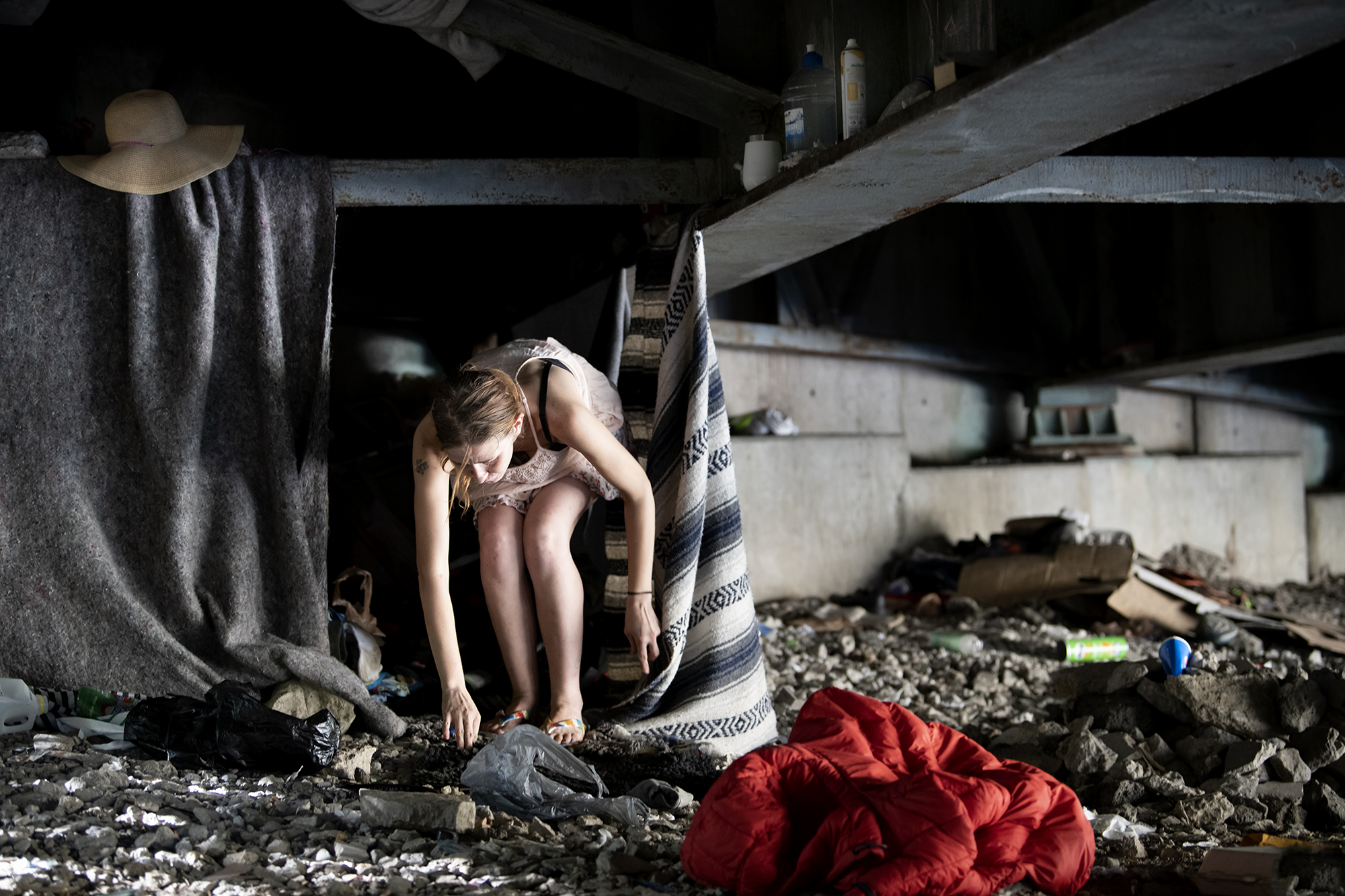
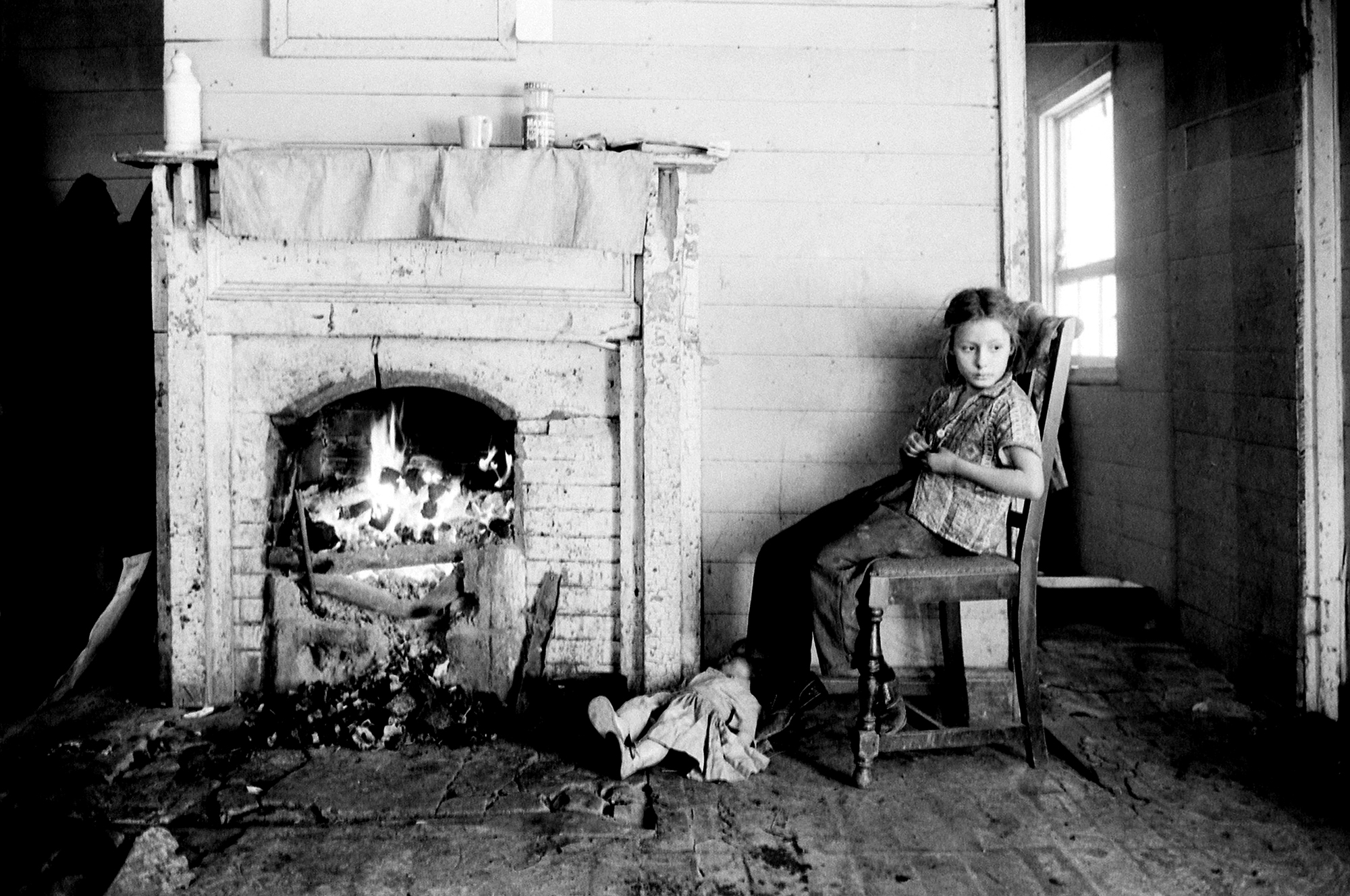
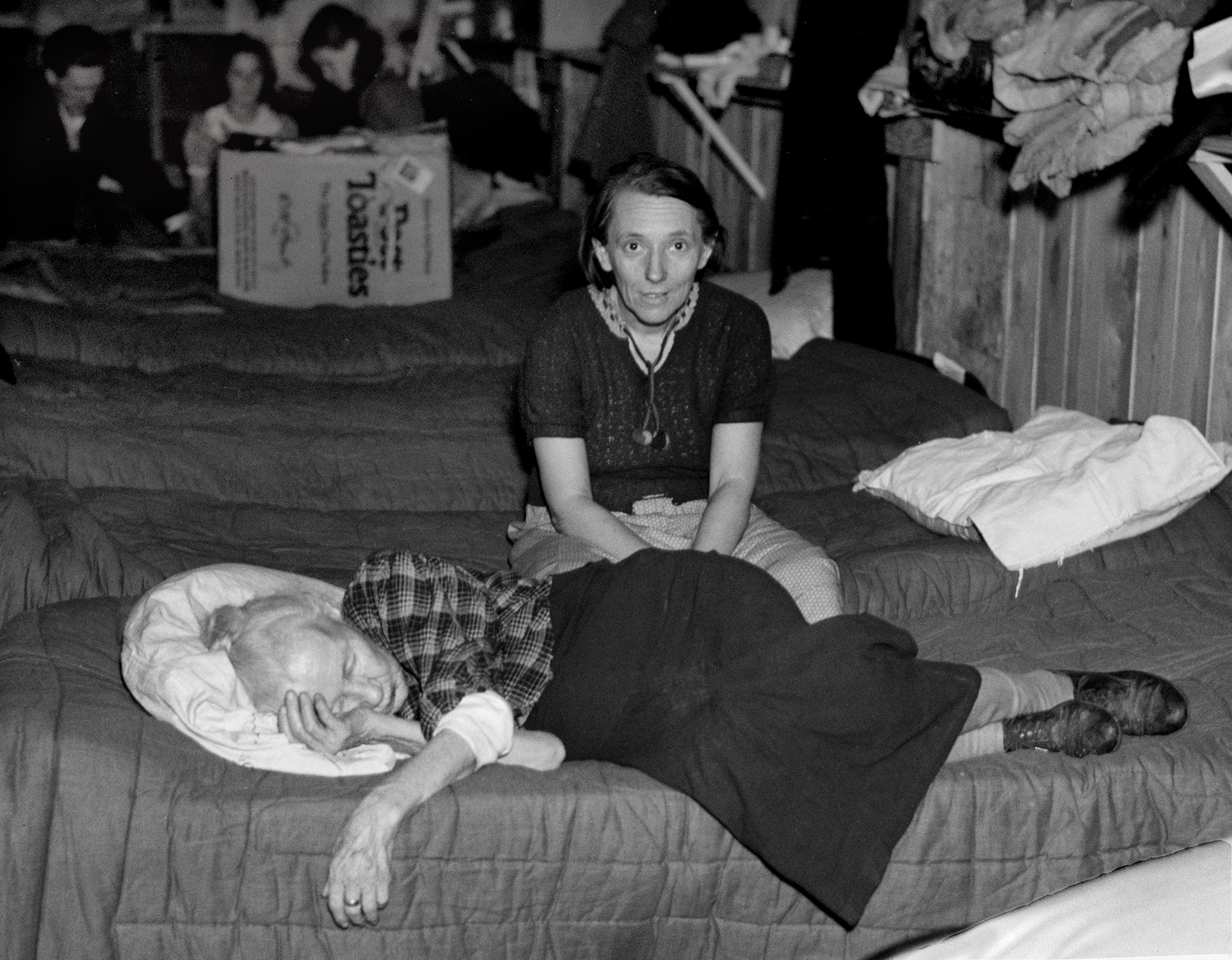
A note from FRAMES: Please let us know if you have an upcoming or recently published photography book.

